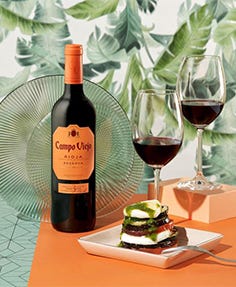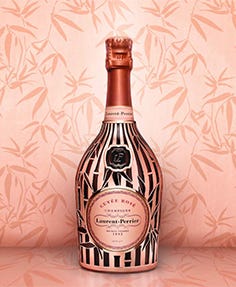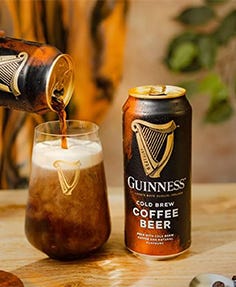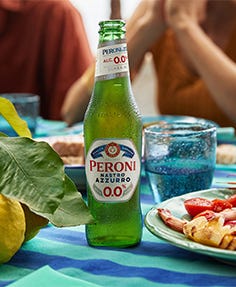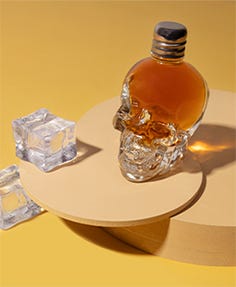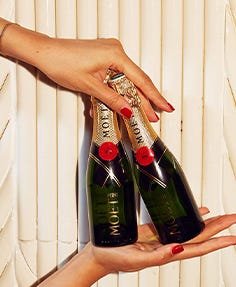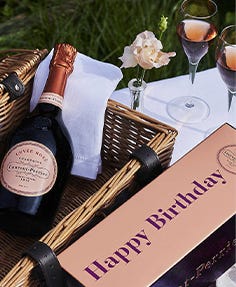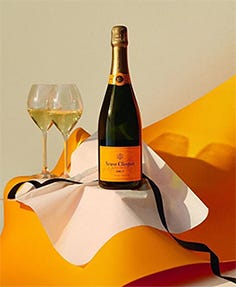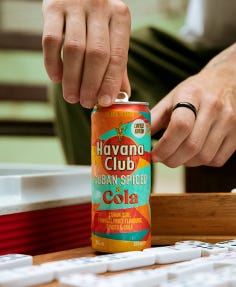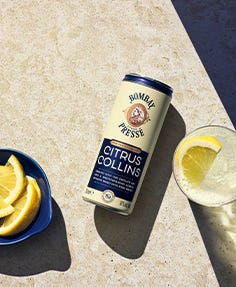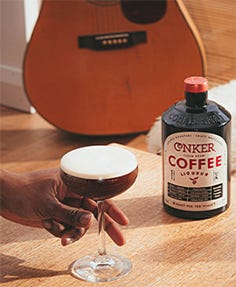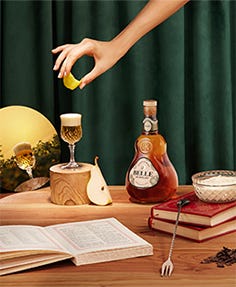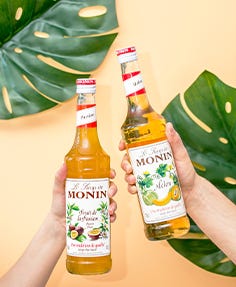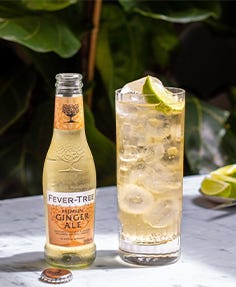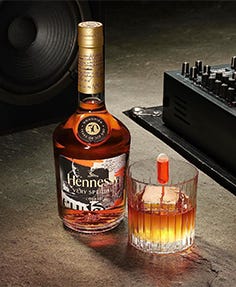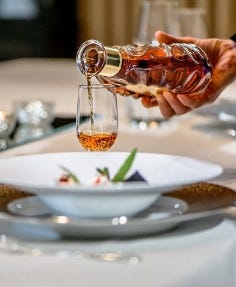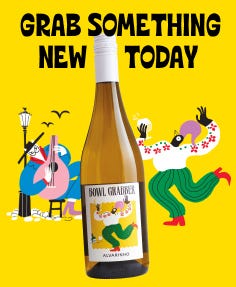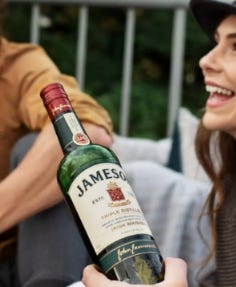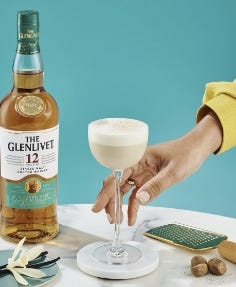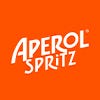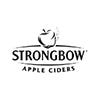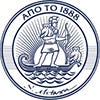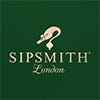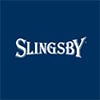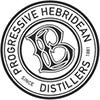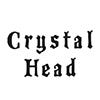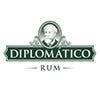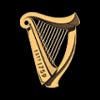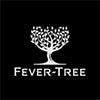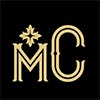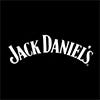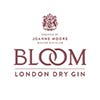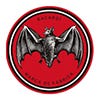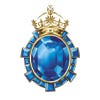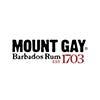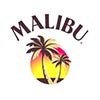Shepherd Neame
Shepherd Neame is Britain's oldest brewer - and while 1698 is the Brewery's official founding date, there is clear evidence that its heritage pre-dates even this period.
Records show that in 1525, William Castlock, the brother of the last abbot of Faversham, was exporting and importing beer.It was an association with beer that the Castlocks maintained and by 1550 John Castlock, his son, was leasing the abbey brewhouse.By 1570, he was the owner of 18 Court Street, where brewing has continued ever since. John Castlock's son died in 1614 and, in 1648, his grandson was barred from brewing in the town by the Parliamentarian Faversham Corporation, which may explain why in 1653 the brewery passed to Thomas Hilton.
It was in 1678 that an important figure entered the brewery’s story when Richard Marsh leased it from Hilton's executors. Marsh, in his capacity as mayor, held King James II as a prisoner after he ran aground off Faversham while attempting to flee to France to avoid William of Orange and his threatening Dutch army during the Glorious Revolution of 1688. The monarch was confined at the brewery. In 1698 Marsh bought the brewery from the executors of Thomas Hilton, thereby signalling the official start of the brewery's history. He died in 1726 and the brewery passed to his second son, also called Richard, who died only a year later. His widow, Mary, married a Mr Hilles Hobday, who died in 1731. By this time the brewery owned two Faversham pubs, The Castle and The Three Tuns. The latter is still part of the brewery's pub estate.
Samuel Shepherd married Mary in 1732 and promptly took over the running of the brewery, introducing an era of growth. Shepherd led an important development for the brewery which was the acquisition of 21 pubs, five of which remain with Shepherd Neame. In 1755 Samuel retired to his Great Mongeham farm, near Deal, leaving the business in the hands of his sons, John and Julius. In 1777 John withdrew from the business leaving Julius as the sole owner. He in turn took two of his sons, Samuel and Henry, into the partnership. Julius demonstrated the same entrepreneurial flair of his father when he bought the brewery's first Sun and Planet steam engine in 1789, the work of Birmingham engineers and steam engine pioneers Boulton & Watt
Julius was succeeded by his son Henry in 1819. After 25 years with one man at the helm the brewery came under new leadership when Henry retired. It passed initially to Henry Jr and his son-in-law, Charles Jones Hilton, but Hilton withdrew only four years later and Henry Jr took on John Henry Mares as his partner. In October 1864 Percy Beale Neame, a 28-year-old hop farmer and brother-in-law of John Mares, joined the firm as a partner, only two months before Mares' death. Shepherd Neame & Company was born. In 1864 an important phase of development got under way with the building of a new brewhouse and stores and 10 years later the pubs estate had grown to nearly 100. Henry Jr died in 1875, leaving Percy Neame the sole proprietor. He was joined by his sons, Harry, Arthur and Alick about 20 years later.
In 1958 Shepherd Neame produced one of its most distinctive beers, Bishop's Finger. The strong, typically Kentish ale was named, according to folklore, after a signpost that pointed the way to Thomas Becket's tomb. Upon Jasper's death in 1961, aged 56, Laurie became the sole MD.
In 1968 Shepherd Neame demonstrated the innovation for which it has become renowned when it became the first regional brewer of lager in the UK when it started brewing Hürlimann, eventually coming to own the popular brand. Laurie died in 1970 and Bobby became chairman, a position he held for 35 years. By the end of the decade the brewery had acquired 65 pubs in total and Bobby reported an eight-fold increase in profits. In 1990 Shepherd Neame produced Spitfire to commemorate the 50th anniversary of the Battle of Britain. Much like its aerial namesake, Spitfire took off thanks, in part, to its cheeky Dads Army-style humour.
Today Shepherd Neame are still producing and sellinig a wide array of ales, beers and bitters.




